Basically, content marketing is the art of communicating with your customers and prospects without selling. It is non-interruption marketing. Instead of pitching your products or services, you are delivering information that makes your buyer more intelligent. The essence of this content strategy is the belief that if we, as businesses, deliver consistent, ongoing valuable information to buyers, they ultimately reward us with their business and loyalty. Nowadays people also look for the facts and useful information about the products and services that they find interesting instead of ads.
So engage your audience with unique & useful story/ information of your services or product. Provide your information precisely not with bag of unnecessary stuffing of keywords. Make your content king in the marketing world and become a great Marketer....
Research and publish the best content.
Get Started for FREE
Sign up with Facebook Sign up with X
I don't have a Facebook or a X account
Already have an account: Login
Celebrating the FINE ART of visual communication in social marketing
Curated by
Jeff Domansky
 Your new post is loading... Your new post is loading...
 Your new post is loading... Your new post is loading...

Guillaume Decugis's curator insight,
October 29, 2013 8:42 PM
The case for content marketing - in particular for SEO in a nice infogrpahic. Interesting to note that 44% of B2B Content Marketers found a positive impact of social on SEO. 
Kishore Daswani's curator insight,
October 31, 2013 12:03 AM
SEO has greatly transformed from traditional link-building to more intelligent content publishing. Semantic search is just the tip of the iceberg. |
|




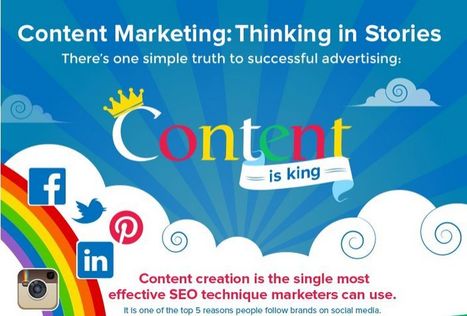

![Why is Content Good for SEO [Infographic] | World's Best Infographics | Scoop.it](https://img.scoop.it/2Y-PYxkl1OFNkJJaC2FMWDl72eJkfbmt4t8yenImKBVvK0kTmF0xjctABnaLJIm9)

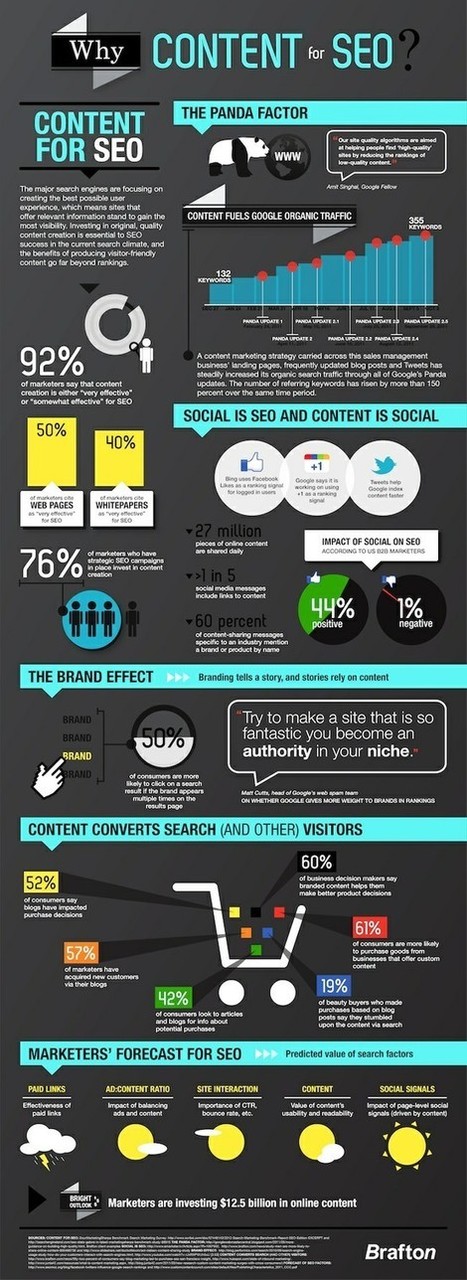
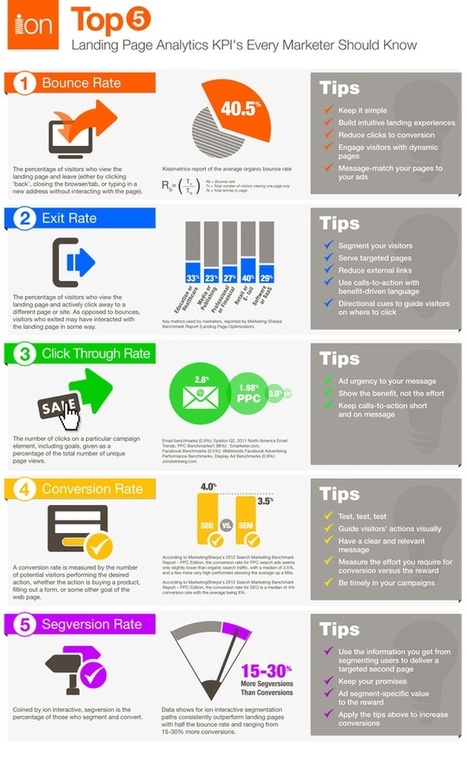
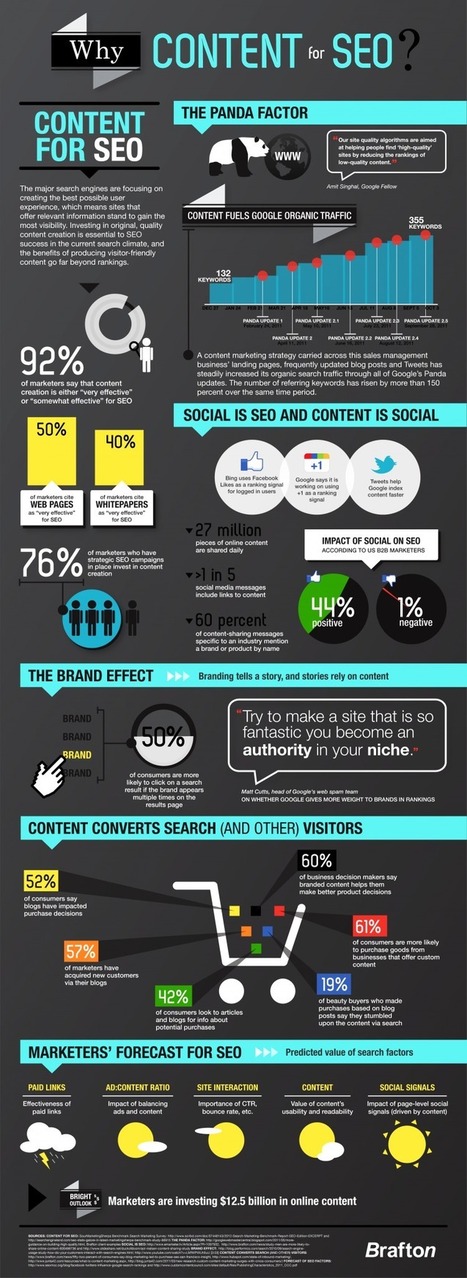

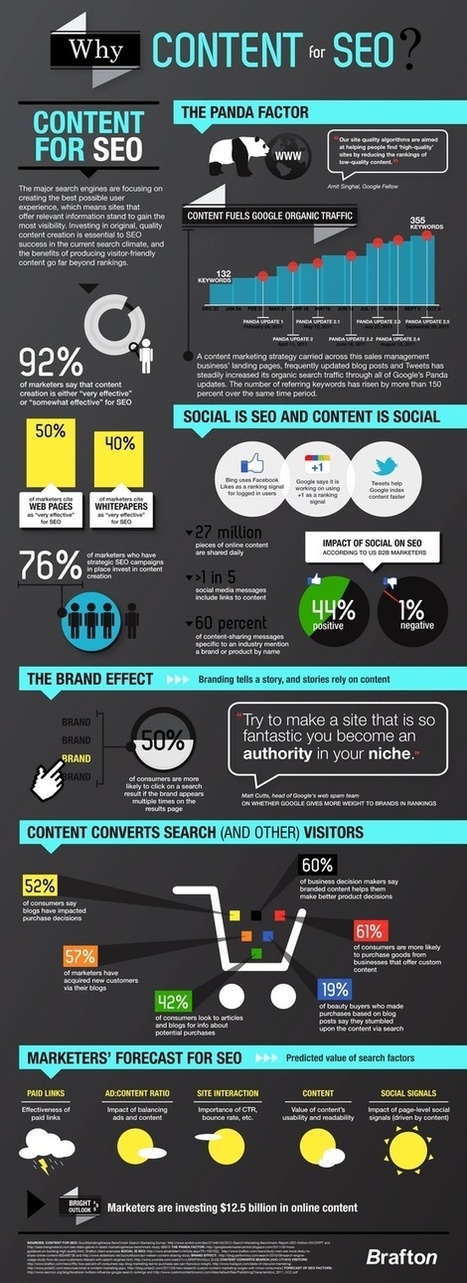





Useful guide to content marketing and SEO.